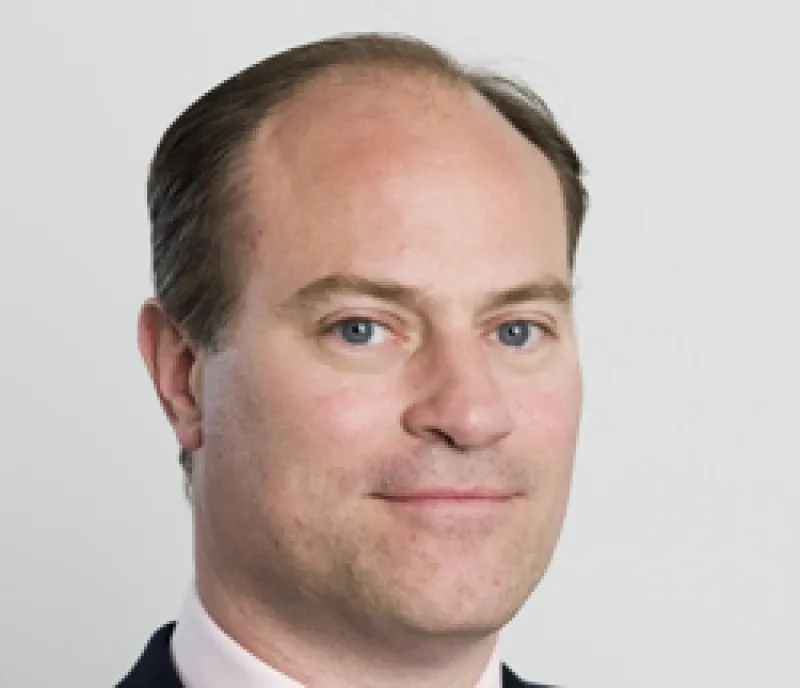
Renaissance Capital Expanding In Asia
Jeremy Sparrow came to the Hong Kong offices of Moscow-based Renaissance Capital in January 2010 to set up an Asian presence for the firm.
Allen T Cheng
July 5, 2011


